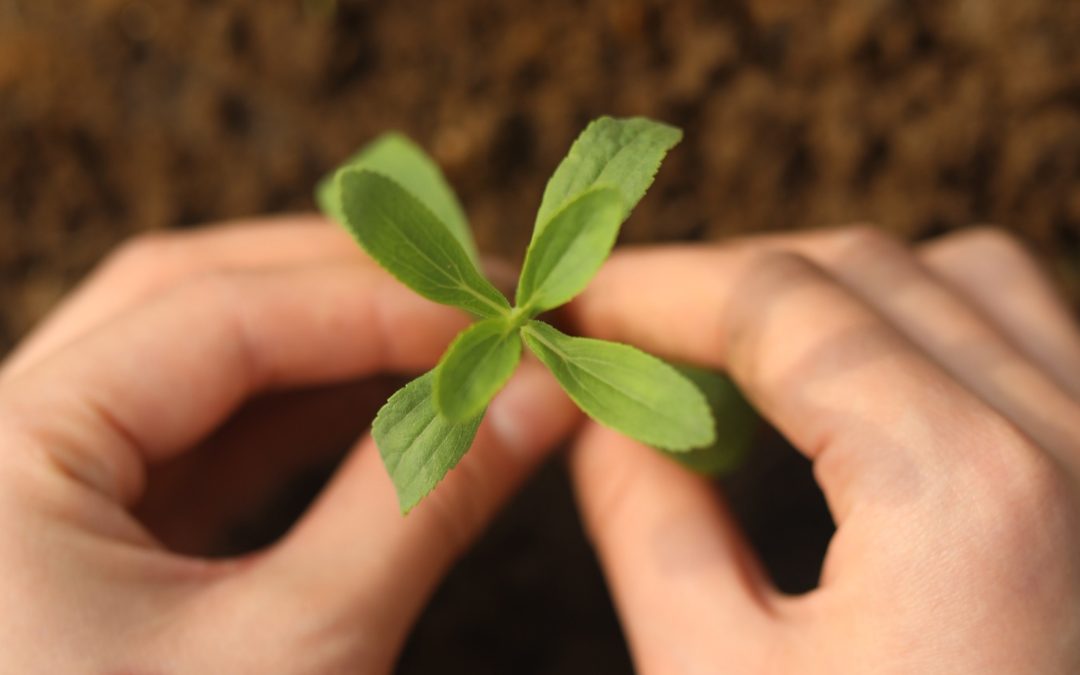February 12, 2024 – In a significant milestone for its ongoing commitment to sustainability, HOWTIAN has completed a comprehensive Life Cycle Assessment of its key stevia product lines. The study was conducted by the renowned Switzerland-based Société Générale de Surveillance (SGS), the world’s leading inspection, verification, testing and certification company, and examined key measures of environmental impact including carbon and water footprint. By achieving results that are vastly superior than the performance of conventional sugar, the assessment demonstrates HOWTIAN’s commitment to be a leader of environmental sustainability among manufacturers of natural sweeteners.
In response to consumer demand in recent years, the Fast-Moving Consumer Goods (FMCG) sector has made significant strides in adopting more stringent standards of sustainability, with impacts felt especially in the selection and sourcing process of ingredients for food & beverage products. Recognizing this trend, ingredient manufacturers – with the stevia sector being no exception – have been proactive in assessing their products’ environmental impact.
Tom Fuzer, VP of Market Strategy at HOWTIAN, states, “With the CO2 footprint of stevia typically less than a quarter than that of sugar, stevia producers have been eager to raise industry awareness that the popular plant-based sweetener is one of the most environmentally friendly solutions available.” To further advance these efforts for the industry, HOWTIAN undertook an extensive Life Cycle Assessment of its high purity Rebaudioside A 97 stevia — one of the most prevalent forms of extract sold by stevia producers.
The assessment revealed that HOWTIAN’s high purity Reb A outperforms traditional sugar in sustainability metrics while helping to establish and progress industry standards for key environmental performance indicators. For the basis of its analysis, SGS determined what the environmental footprint would be from producing and processing HOWTIAN’s Reb A 97 in order to generate the equivalent sweetness of 1 metric ton of white sugar. When these results were compared to like-for-like metrics for cane sugar, the study found that HOWTIAN achieved:
- 78% reduction in CO2 emissions compared to cane sugar
- 77% reduction in water usage
- 94% reduction in agricultural land usage
“We are delighted with the outstanding results of our sustainability efforts. They are a testament to the success of our dedicated Sustainability Program, a program we started in 2017 to develop high-yielding plant variants and invest in energy and water-efficient extraction technologies. This only further strengthens our ambition to set and continuously improve the marketplace standard in sustainability for stevia and the broader sweetener industry.”
Tom fuzer, vp of market strategy
This historic achievement aligns with HOWTIAN’s global efforts to reduce environmental impact and showcases the company’s role in helping to lead these initiatives for food and beverage manufacturers everywhere.

